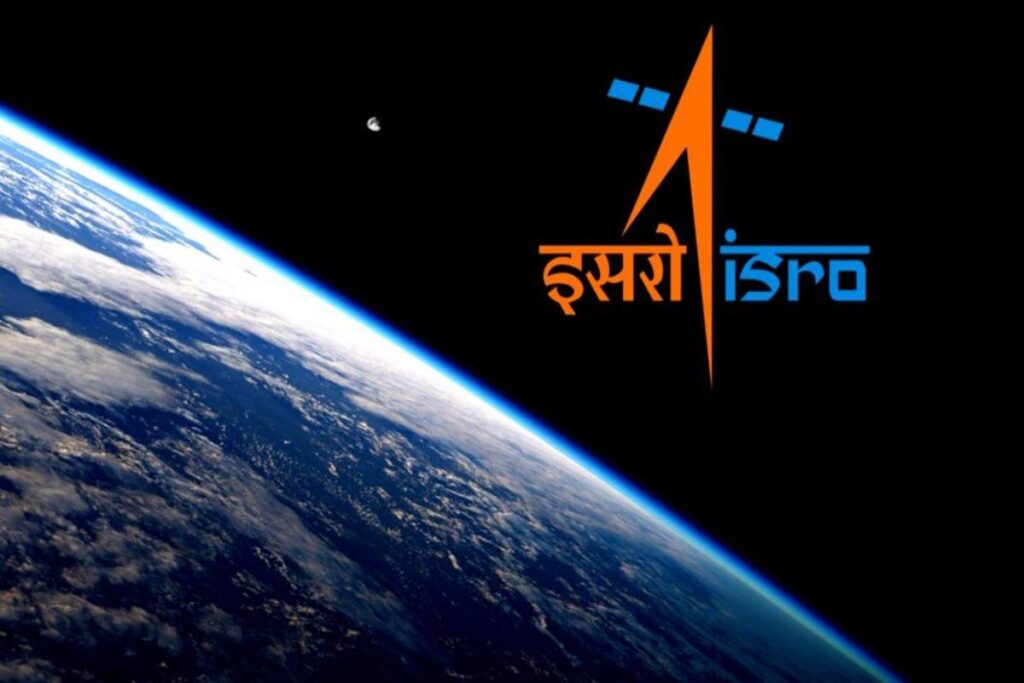
ISRO announced on Friday the successful flight-testing of a fuel cell, conducted to evaluate its performance in space and gather data for designing systems for future missions. These fuel cells, which power missions efficiently and emit only water, are seen as the future for space habitat power production, according to the National Space Agency.
The Vikram Sarabhai Space Centre/ISRO conducted the test on a 100 W class Polymer Electrolyte Membrane Fuel Cell based Power System (FCPS) within its orbital platform POEM3, launched aboard PSLV-C58 on January 1. The experiment aimed to assess the fuel cell’s operation in space and collect data for future mission system designs, ISRO stated.
During the test on the POEM platform, 180 W of power was generated from hydrogen and oxygen gases stored in high-pressure vessels, providing valuable data on the power system’s performance. Hydrogen fuel cells, operating on electrochemical principles, produce electricity directly from hydrogen and oxygen gases, yielding only pure water and heat.
These fuel cells offer high efficiency and emission-free operation, making them ideal for human-involved space missions where electricity, water, and heat are essential. ISRO emphasized the societal application potential of fuel cells, envisioning them as replacements for various vehicle engines and power sources for standby systems. The fuel cells’ ability to provide power and pure water makes them an ideal energy source for space stations, ISRO added.